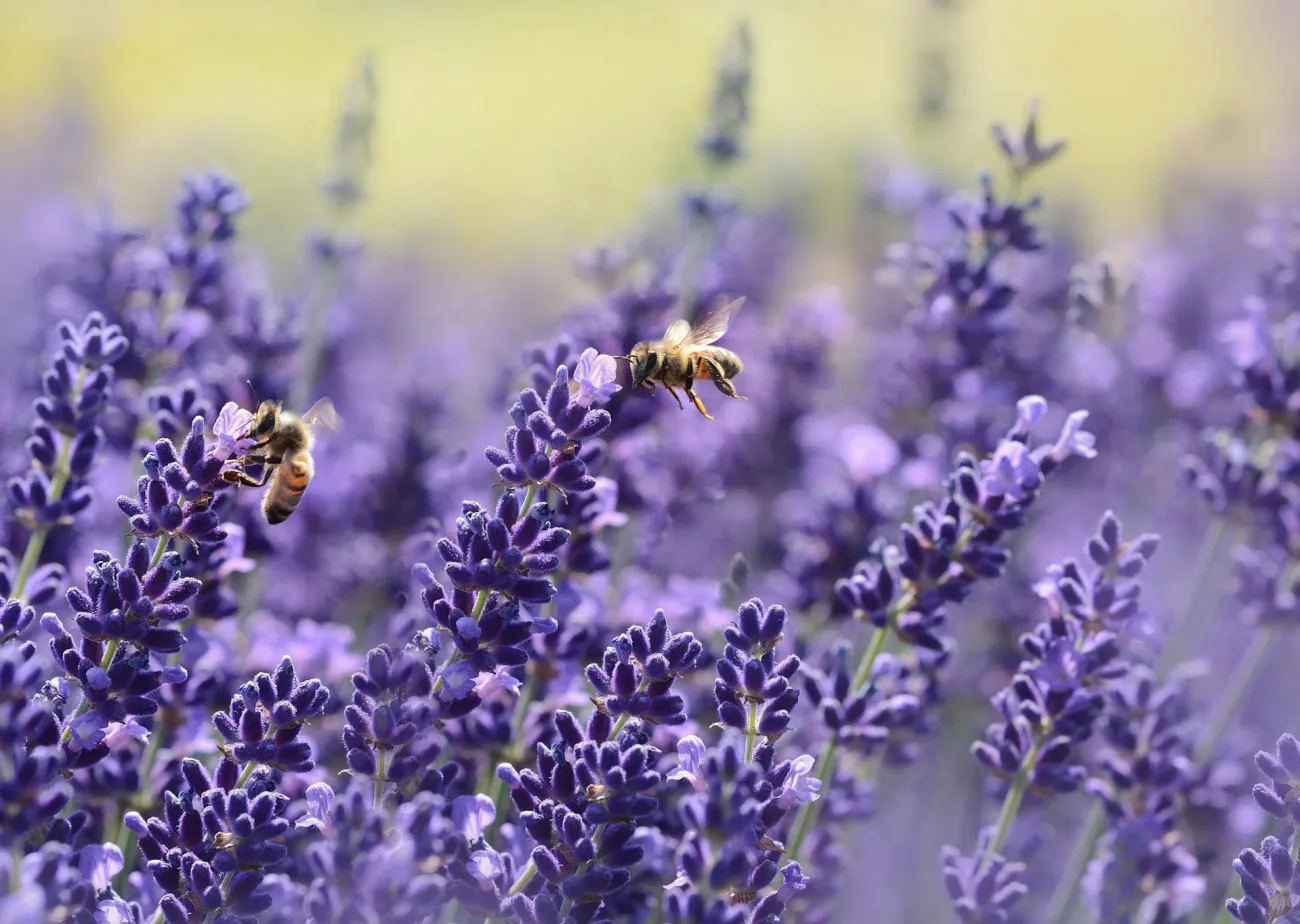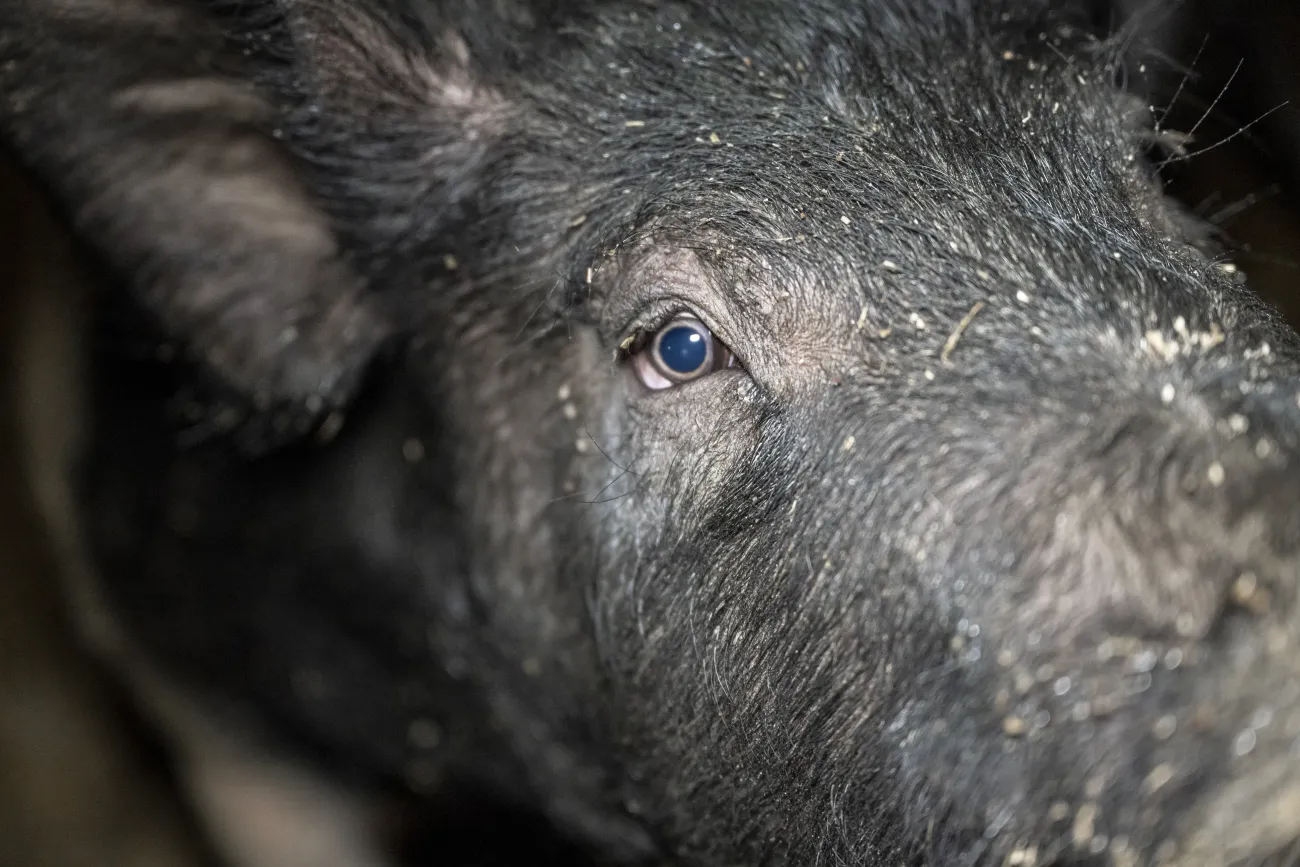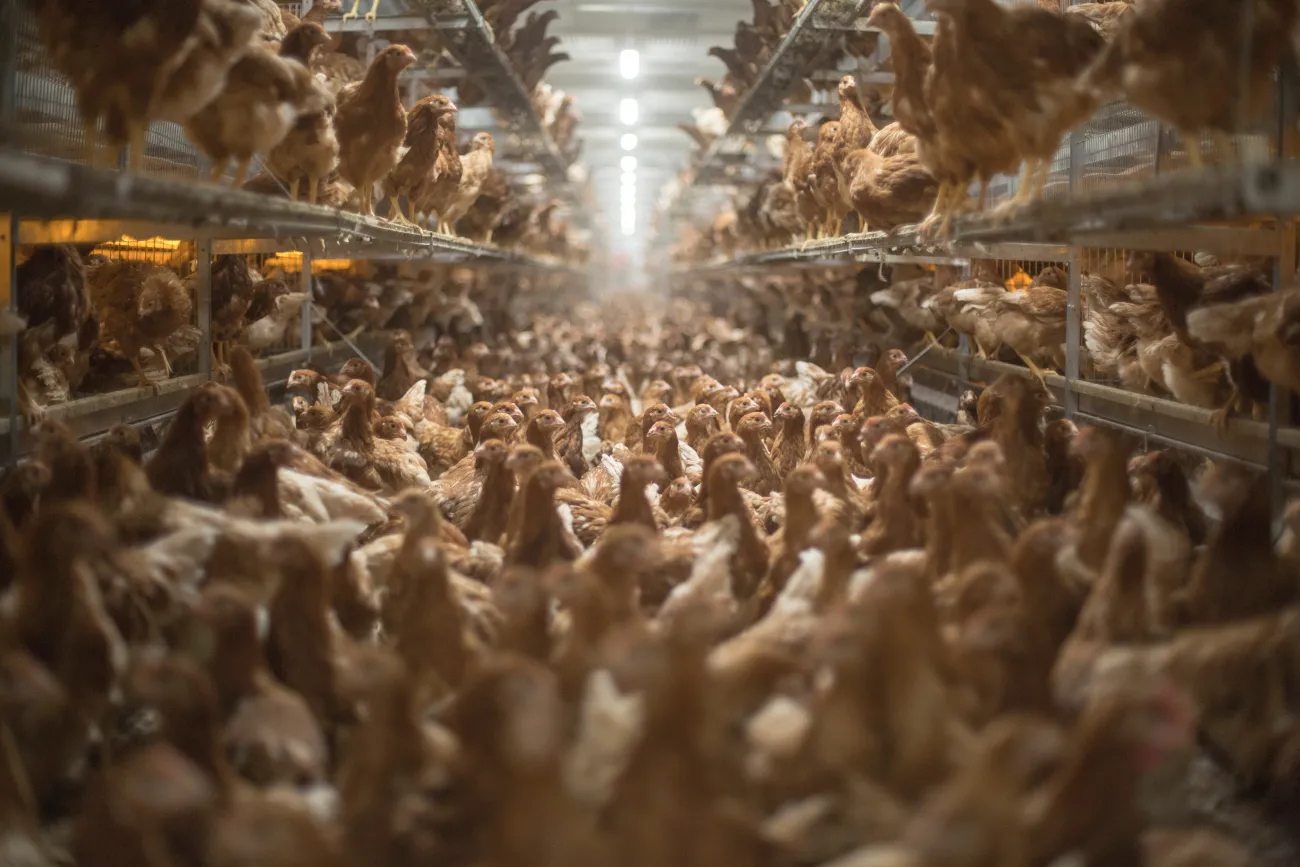Episode summary
Tamsin Blaxter, researcher and writer at TABLE, joins Feed co-hosts to talk about her forthcoming publication: "Parsing Grindadráp". Grindadráp is a Faroese whaling practice that's understood both as important to local food cultures, and as barbaric, primitive and cruel. In this chat, we use grindadráp as a case study to explore: what is animal sentience? What's different about killing whales versus farmed animals? Where do older food traditions fit into the present? How does international media coverage impact local debates? And lastly, what does the evidence say about whether this is a sustainable practice?
Read: What place does whaling have in a sustainable food future?
Subscribe to our newsletter Fodder to be notified as soon as it comes out.
About Tamsin Blaxter
Tamsin Blaxter is a Researcher and writer at TABLE. Her background is in socio- and historical linguistics and linguistic geography: she did her BA at the University of Essex, MPhil at Oxford, PhD in linguistics at Cambridge. This was followed by a Research Fellowship at Gonville & Caius College, Cambridge, in which she worked on understanding how spatial processes determine the big picture of language change—such as how changing migration habits lead to the disappearance of dialect diversity. She is interested in the making and transmission of cultural meaning and its attachment to place and habits of living.
Writing by Tamsin Blaxter
Process and Power at TABLE (Blaxter, 2022)
You can find more of her writing here.
Related resources to Grindadráp
TABLE Explainer: What is food sovereignty? (Carlile, Kessler and Garnett, 2021)
The Social Metabolism of Quiet Sustainability in the Faroe Islands (Ragnheiður Bogadóttir, 2020)
"The most senseless environmental crime of the 20th century" (Charles Homans, 2013, on the history of commercial whaling and the failure of monitoring)



Comments (0)